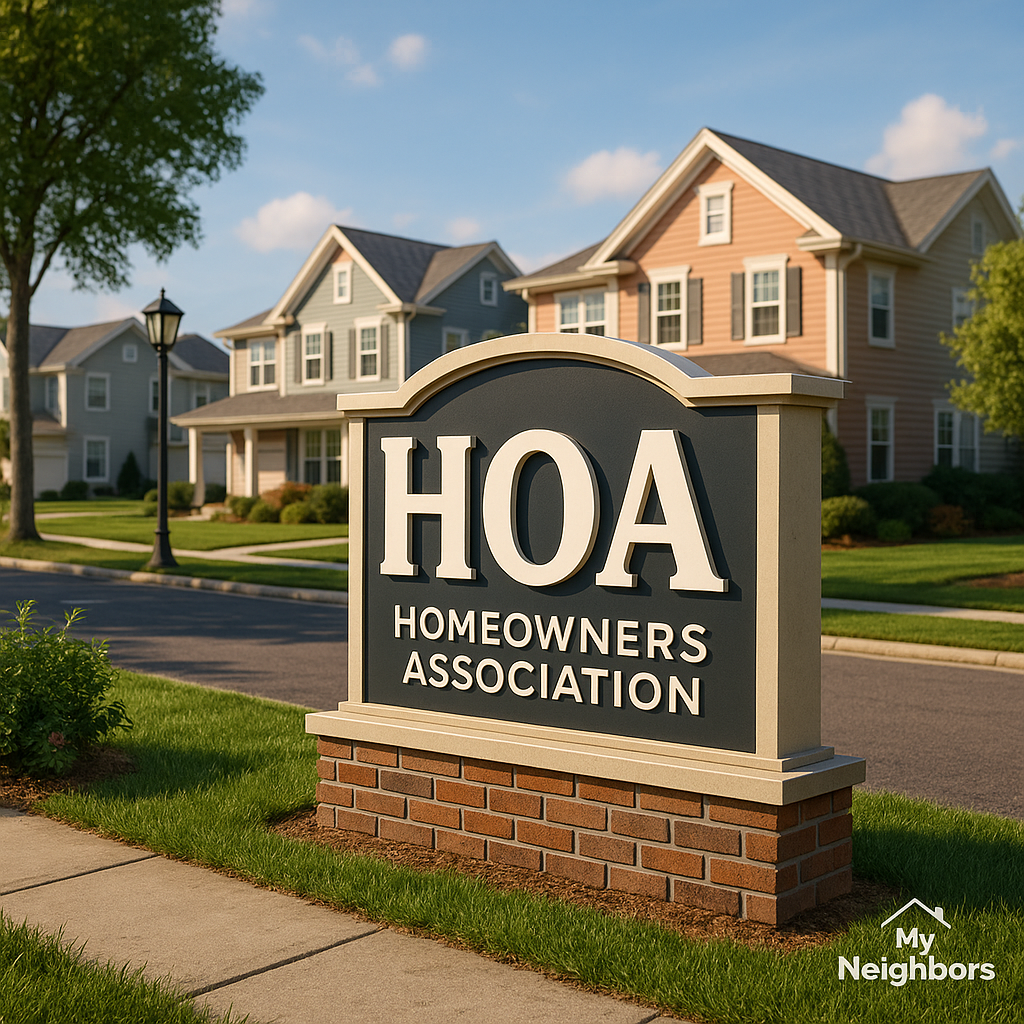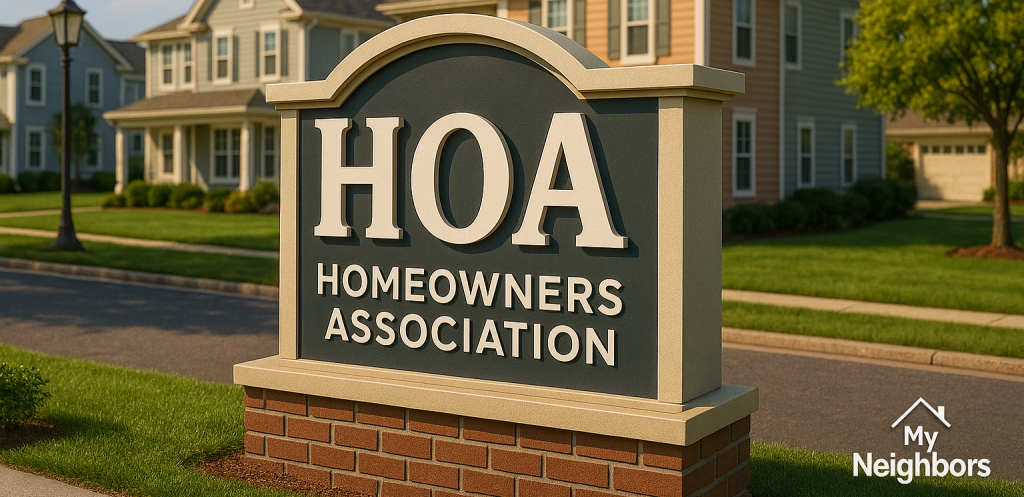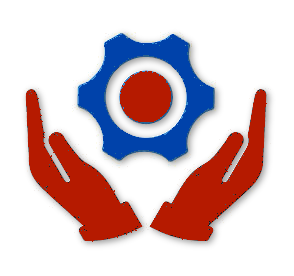The Rise of Homeowners Associations in Chatham County, GA

As Chatham County, Georgia continues to grow and develop—particularly in communities like Savannah, Pooler, and Bloomingdale—Homeowners Associations (HOAs) have become a defining feature of the residential landscape. While HOAs can offer structure, amenities, and the promise of maintained property values, they also bring a host of legal, financial, and governance concerns that residents must navigate carefully. With the number of HOAs increasing both statewide and nationally, it’s more important than ever for homeowners to understand what these associations mean for their rights, finances, and peace of mind.
The Growth of HOAs in Chatham County and Beyond
Nationally, HOAs have grown from just 10,000 associations in 1970 to over 369,000 as of 2024. They now govern communities housing over 77 million Americans, accounting for about one-third of the U.S. housing market. In Georgia alone, there are approximately 11,200 HOAs, representing more than 2.3 million residents across 874,000 homes—and these numbers continue to rise each year.
Locally, Chatham County has experienced a surge in HOA creation due to population growth and an increase in new residential developments. The population grew from 265,128 in 2010 to 295,291 by 2020, and new housing continues to be constructed to support economic expansion, including the nearby Hyundai manufacturing site. The 2024 Chatham County Board of Assessors Annual Report highlights increased property values, much of which is driven by HOA-managed subdivisions built on previously undeveloped land.
Why Are HOAs So Common?
Several factors explain the rapid rise of HOAs:
Cost-Shifting by Governments: Municipalities benefit by shifting infrastructure and service responsibilities—like street lighting, road maintenance, and trash collection—from local governments to private HOAs.
Developer Incentives: Developers often establish HOAs to manage shared amenities and maintain design standards, which makes properties more appealing and marketable.
Perceived Property Value Protection: Buyers are often told HOAs help preserve property values through uniform standards and community oversight.
Benefits of Living in an HOA
Living in an HOA-governed community can offer several benefits:
Community Amenities: Access to shared amenities like pools, clubhouses, security, and walking trails.
Neighborhood Appearance: Enforced maintenance standards preserve a uniform and attractive community.
Conflict Resolution Framework: Rules and bylaws can help mediate common neighbor disputes.
Property Value Stability: Properly managed HOAs can maintain neighborhood desirability and protect resale values.
The Nuances and Downsides
Despite their benefits, HOAs often present serious risks and complications for homeowners:
Excessive Fines & Fees: Homeowners in Georgia report high fines for relatively minor infractions—like storing garden tools in view or leaving trash bins at the curb for too long.
Opaque Financial Practices: Many HOA boards resist releasing financial statements, leaving homeowners unsure of how dues are being spent.
Limited Oversight: Georgia does not require state registration or monitoring of HOAs, leaving residents with few options when mismanagement occurs.
Dues Escalation: Monthly assessments have climbed sharply in recent years. In some areas, homeowners report dues increases of 20–40% with little explanation or community input.
How Georgia Regulates HOA Dues Increases
Georgia is one of several states that provide minimal statutory regulation over HOAs. The key points to understand are:
🔹 No Statewide Cap on Dues Increases
There is no Georgia law that sets a maximum limit on how much an HOA can raise dues annually. Instead, dues increases are governed exclusively by the HOA’s governing documents—including the Covenants, Conditions, and Restrictions (CC&Rs) and bylaws.
🔹 Governing Documents Control
Many HOAs include provisions that:
Require homeowner approval (e.g., a majority vote) for increases over a certain percentage (typically 10–15%).
Allow annual increases without a vote if below a specific threshold.
Permit special assessments for emergencies or capital projects, separate from regular dues.
🔹 What’s Considered Excessive?
An increase may be considered excessive if it:
Exceeds what’s allowed in your HOA’s governing documents.
Occurs without proper notice or transparency.
Cannot be explained by inflation, cost of services, or maintenance obligations.
Is accompanied by financial mismanagement, missing audits, or unaccounted reserve funds.
In such cases, residents may be able to challenge the increase in court or seek removal of the board members through election or petition.
🔹 Homeowner Action
You have the right to:
Demand budget breakdowns and reserve fund status.
Call for a financial audit.
Run for board positions or recall existing members.
Contact legal counsel to review whether dues increases violate HOA rules.
Real Stories from Georgia
Recent media coverage has brought several HOA abuses into the spotlight:
A Savannah homeowner received a $40,000 settlement after her HOA wrongly placed a lien on her property for unpaid fines.
A Kennesaw man was fined over $35,000 for storing a ladder and a few garden tools behind his home.
In another case, a homeowner faced foreclosure over $1,000 in fines for driveway parking, which she believes were levied in retaliation for criticizing the board.
These cases show how unchecked power and poor governance can devastate homeowners financially and emotionally.
Your Rights as a Property Owner in a Georgia HOA
In Georgia—including Chatham County—HOA homeowners have certain enforceable rights, even though state regulation is limited:
Right to Access Records: Homeowners can inspect the HOA’s financial statements, minutes, and governing documents within a reasonable time.
Right to Notice: You must be notified in advance of meetings, elections, and assessments.
Right to Fair Enforcement: Rules must be applied uniformly and violations should include due process.
Right to Challenge: You can dispute fines, fees, and liens in court or by calling for a board vote.
Right to Organize: Georgia law allows homeowners to form committees or community groups to monitor their HOA’s actions or challenge board control.
How to Protect Yourself
Whether you’re buying a new home or already live under an HOA, follow these best practices:
Read Before You Buy: Review the CC&Rs, bylaws, rules, and financial reports before closing.
Attend Meetings: Stay involved and vote in board elections.
Demand Transparency: Request budgets, audits, and reserve studies.
Document All Correspondence: Always get communications and responses in writing.
Engage Your Neighbors: Build alliances and advocate together.
Consult Legal Help: If the board is overstepping or retaliating, contact an attorney for options.
Where to Get Help in Georgia
If you’re dealing with HOA abuse, mismanagement, or legal threats, contact these resources:
1. Georgia Department of Law – Consumer Protection Division
Phone: 404-651-8600
Complaint Portal: consumer.georgia.gov/resolve-your-dispute
2. Georgia Legal Aid
Help for low-income individuals facing legal action from HOAs.
3. Chatham County Magistrate Court
Small claims court can handle disputes up to $15,000, including improper fines or fees.
4. Georgia Real Estate Commission & Appraisers Board
For issues relating to disclosures or real estate practices tied to HOAs.
Final Thoughts
Homeowners Associations can offer valuable community management, but unchecked power, excessive dues, and opaque finances are creating growing concern—especially in fast-growing counties like Chatham. As a homeowner, staying informed and engaged is critical to preserving your rights and financial security.
Before you buy, move in, or approve that next dues hike, know what your documents allow, what Georgia law protects, and how to push back if your HOA goes too far.
Courtesy of My Neighbors – Promoting Consumer Awareness and Neighborhood Advocacy in Chatham County, GA
Visit us online for HOA alerts, legal tools, and community insights.
Frequently Asked Questions (FAQs)
Are HOAs legally allowed to increase dues without homeowner approval in Georgia?
Yes, unless limited by the HOA’s own governing documents. Georgia does not have a state law that caps annual dues increases. Most HOAs define their own rules within the CC&Rs and bylaws. If those documents allow annual increases or special assessments without homeowner votes, they are generally enforceable—though increases still must follow proper notice procedures.
What qualifies as an “excessive” HOA fee or fine in Georgia?
An HOA fee or fine may be considered excessive if it violates the terms of the HOA’s governing documents, lacks transparency, is applied unfairly, or results from poor financial management. While Georgia law doesn’t define a hard limit, sudden spikes without justification, disproportionate penalties for minor violations, or cumulative fines leading to foreclosure are red flags worth investigating.
What rights do I have as a homeowner under an HOA in Chatham County?
You have the right to:
Review financial records and meeting minutes.
Receive proper notice for dues changes, elections, and violations.
Due process before fines or penalties are imposed.
Organize, vote, and run for board positions.
Challenge unfair fees, actions, or liens in court.
Who do I contact if I believe my HOA is mismanaging funds or abusing authority?
You can file a complaint with:
Georgia Department of Law – Consumer Protection Division
(404-651-8600 / consumer.georgia.gov)Chatham County Magistrate Court for civil disputes under $15,000
(courts.chathamcountyga.gov)Georgia Legal Aid if you qualify based on income
(georgialegalaid.org)
You may also want to consult a private real estate attorney.
Can an HOA foreclose on my home in Georgia over unpaid fines or dues?
Yes, under Georgia law, HOAs can place liens on properties and pursue foreclosure if dues or fines go unpaid and the association follows proper legal procedures. However, homeowners have the right to contest the debt, demand proof, and dispute the foreclosure in court, especially if the charges are improper or unverified.


My Neighbors













Get involved!
Comments